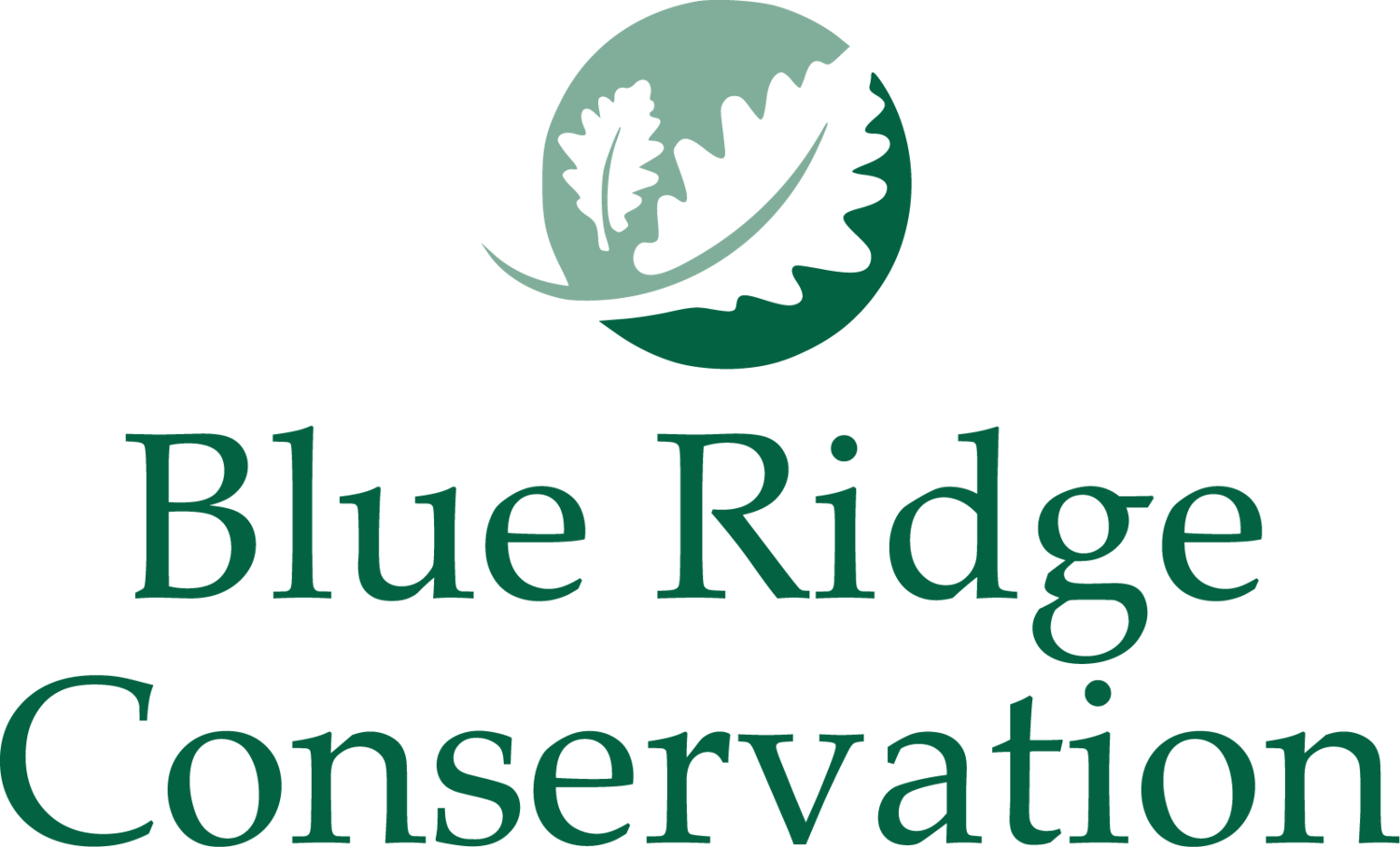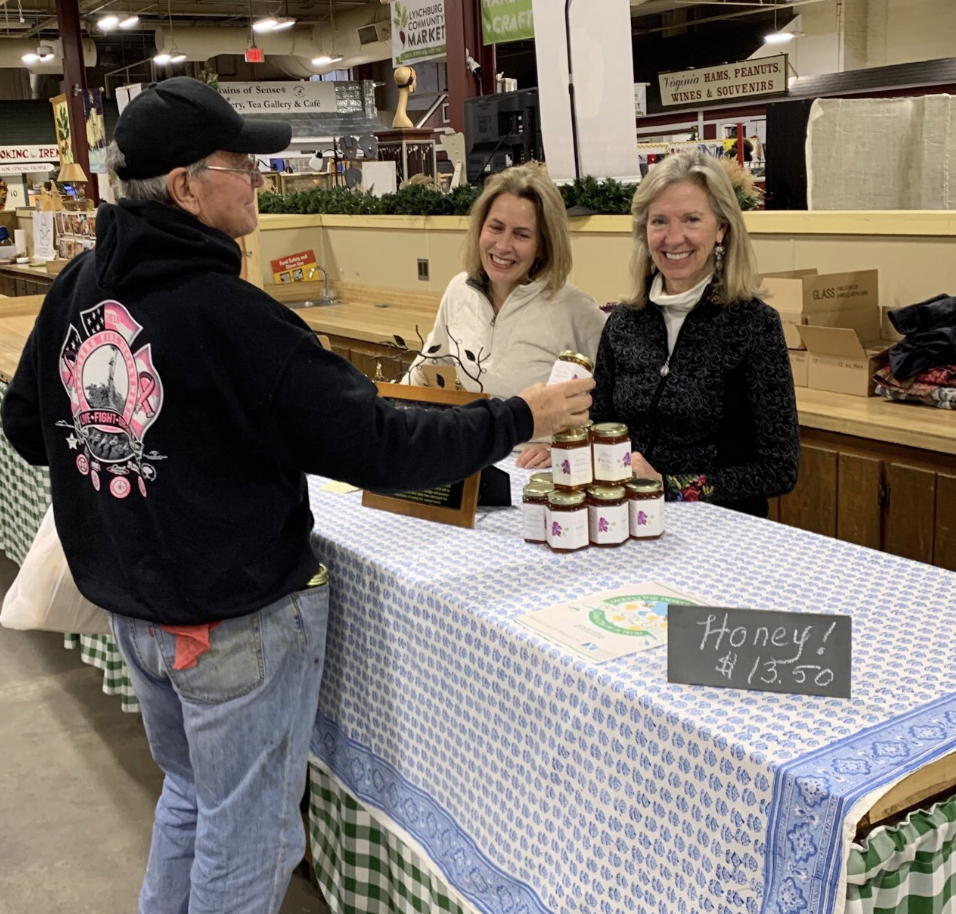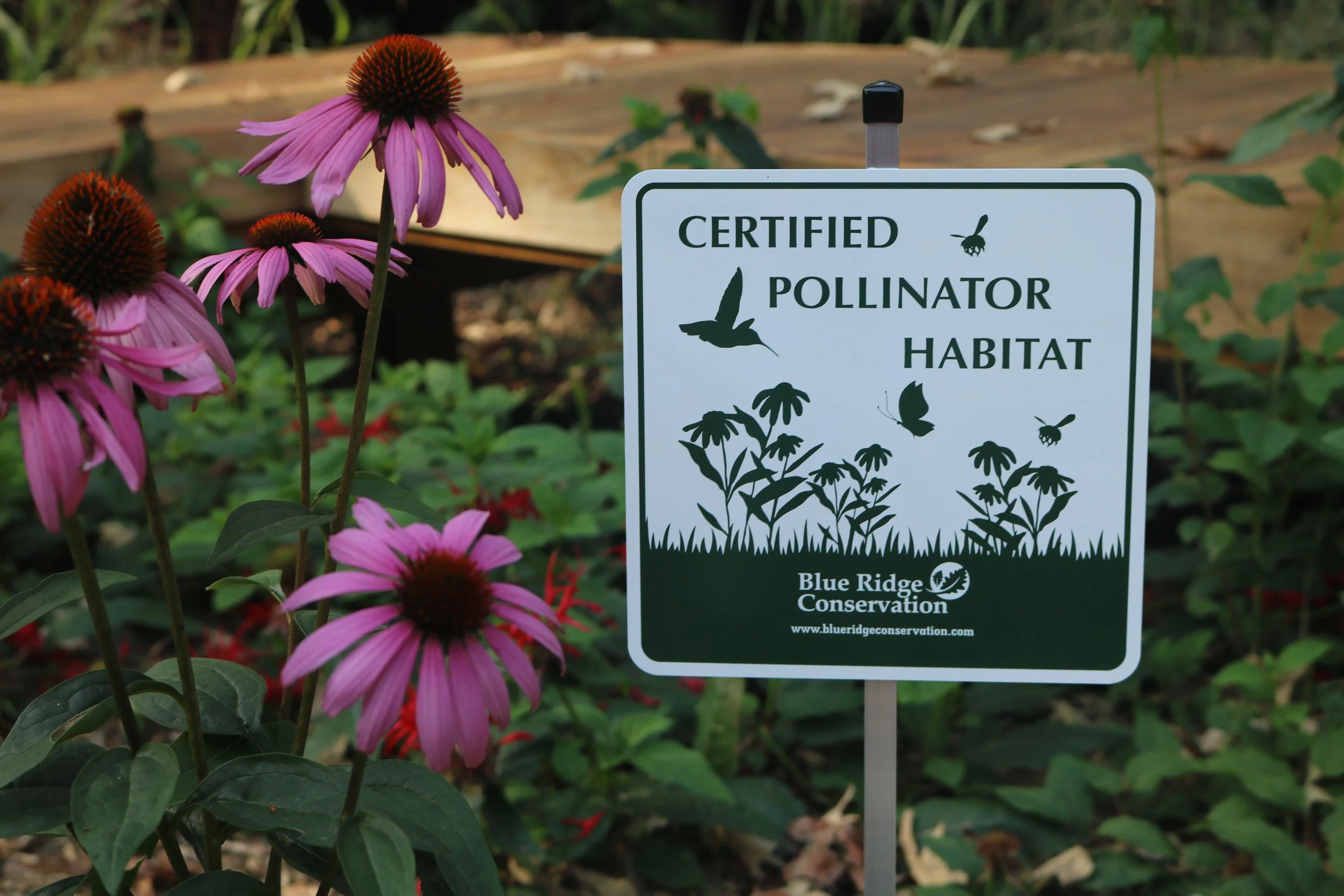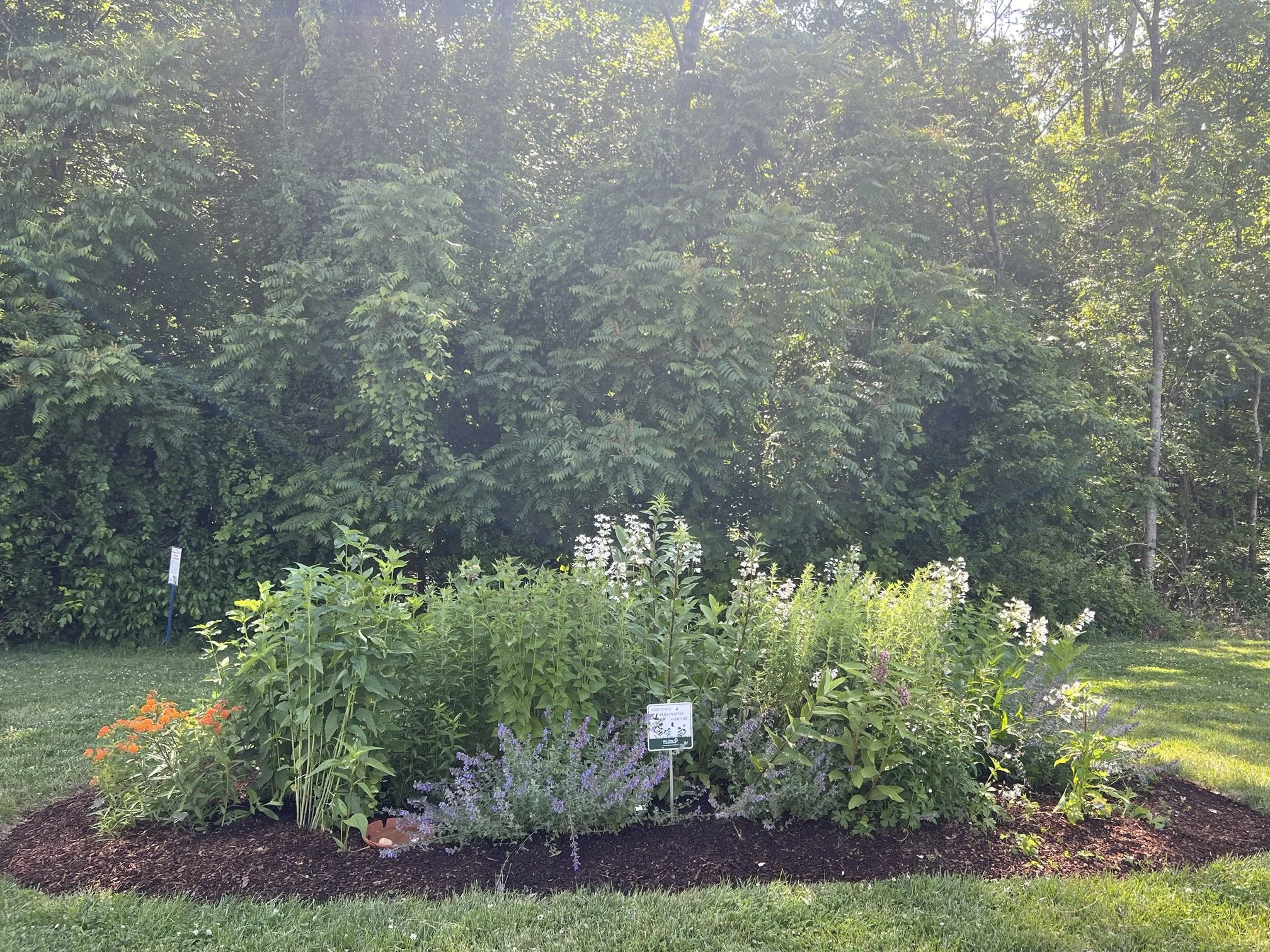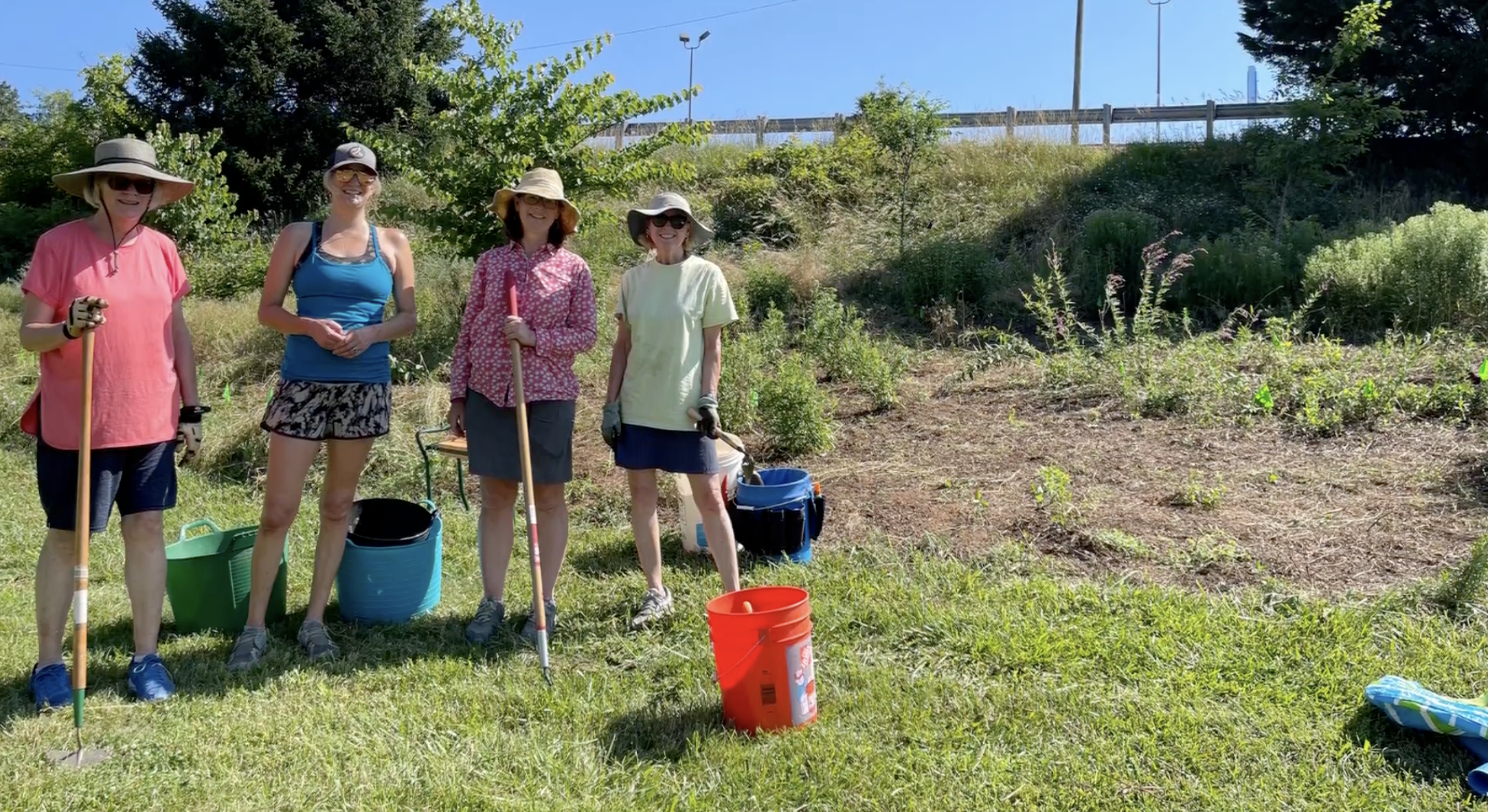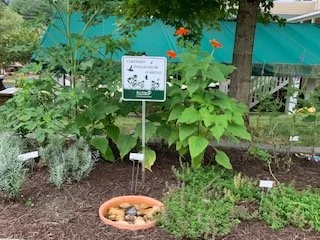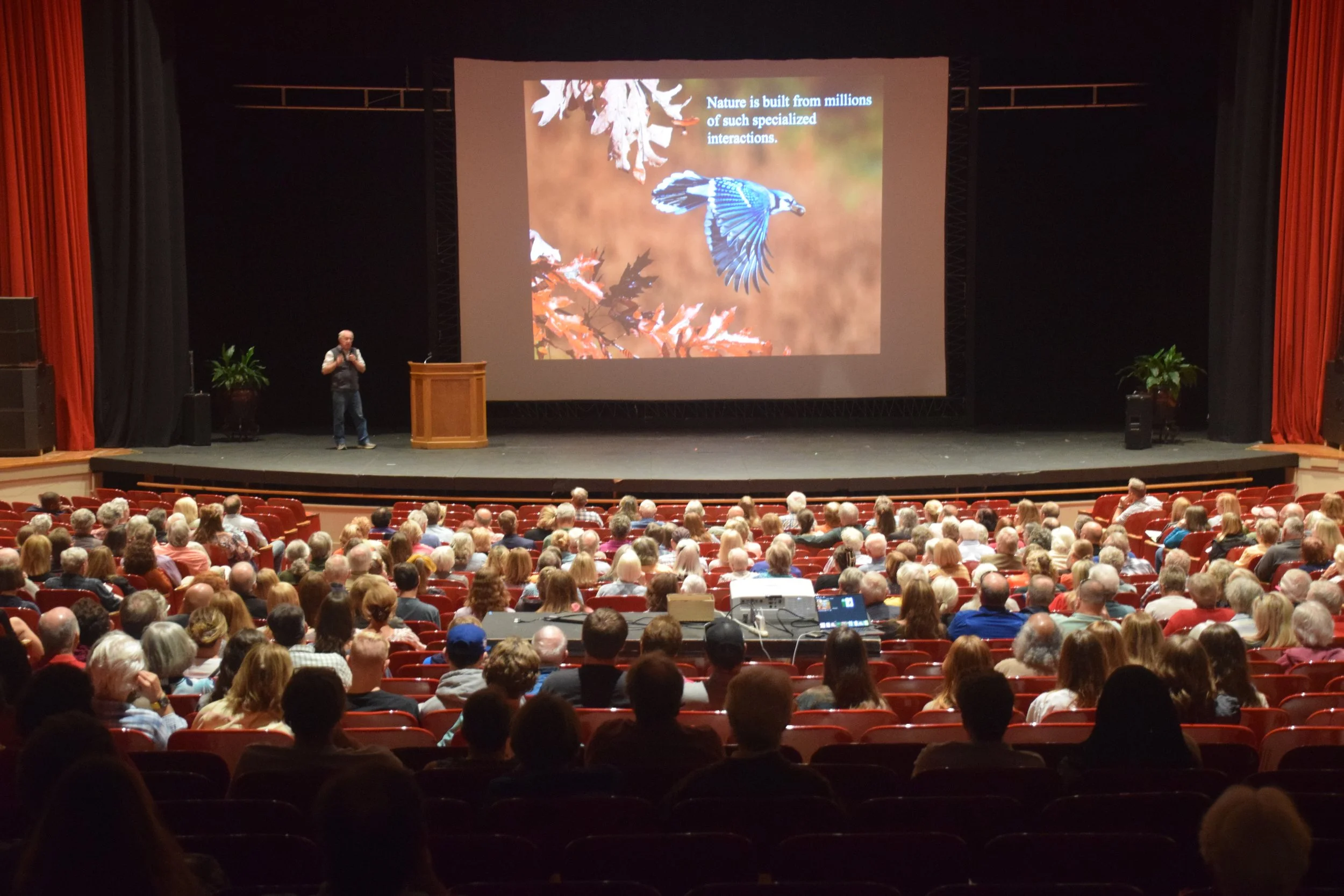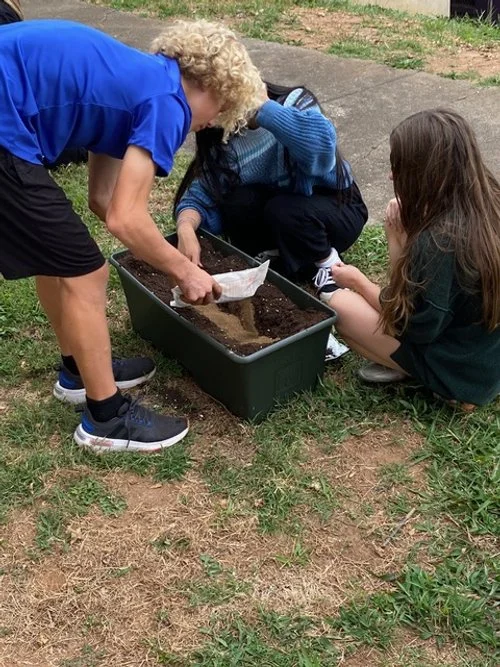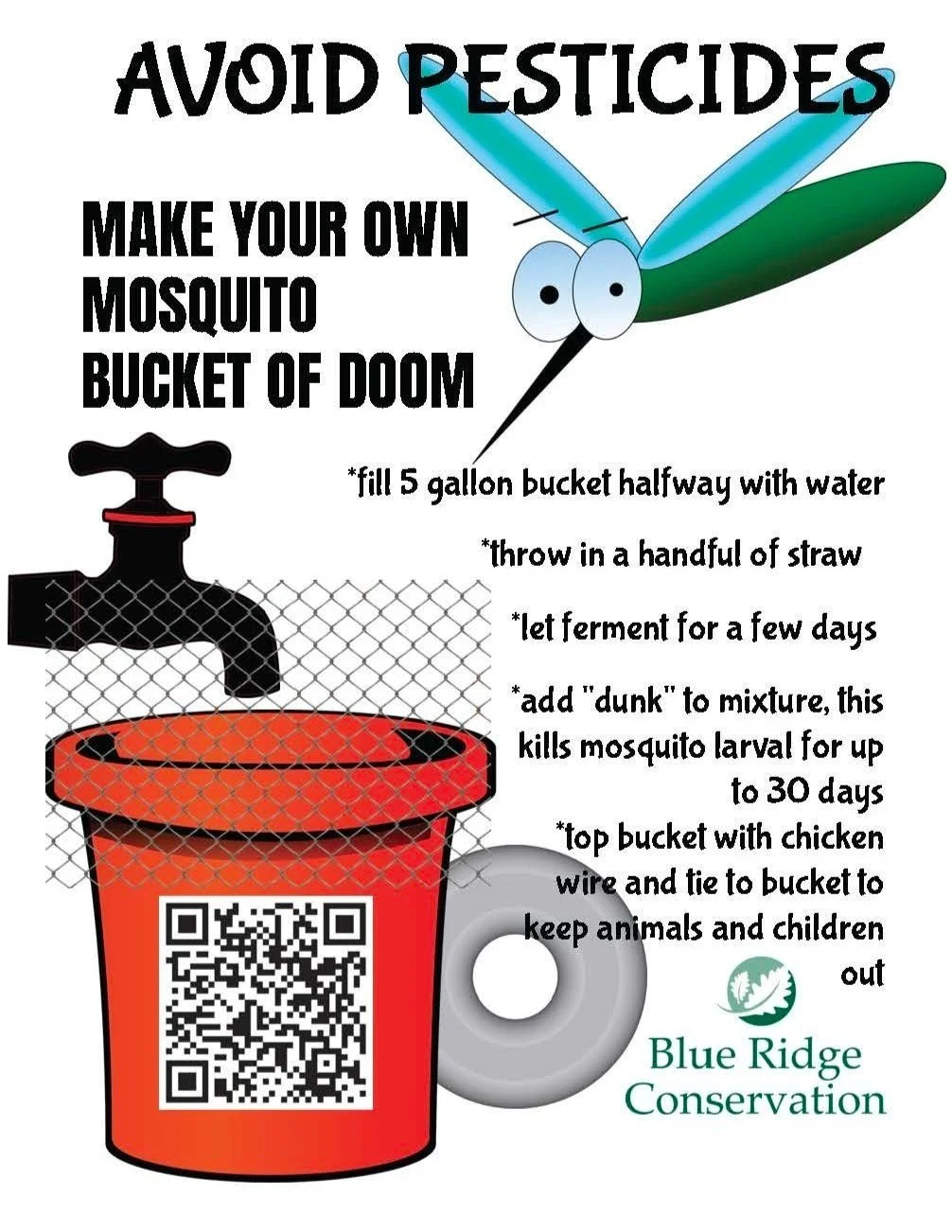
BEE City
Working together with Lynchburg City, BRC member Heidi James was instrumental in achieving Bee City Status for the City of Lynchburg in 2019 making Lynchburg the second Bee City in the state of Virginia. There are now 20 BEE Cities across the state, with two more working towards their certification. When a city commits to becoming a BEE City, organizations like BRC benefit from the support in achieving our goals to protect pollinators in a multitude of ways!
Garden Certification Program
Internationally acclaimed author and conservationist, Doug Tallamy, claims we can transform our world by creating “pollinator highways” in our own yards. By adding plants that are native to the region and providing a simple water source to our gardens, we can all do our part to help countless pollinators, insects, and birds. Did you know that a single oak tree alone hosts over 500 species of caterpillars that in turn provide food for birds? To foster awareness in our community of the necessity of planting native and pollinator friendly plants, Blue Ridge Conservation started a garden certification program that provides a step-by-step guide and encourages gardeners of all levels and abilities to create their own pollinator friendly habitat
Pollinator Garden at CVCC
BRC member Dottie Hendricksen was approached by a professor at Central Virginia Community College for advice on planting a native pollinator garden. The resulting collaboration is a beautiful specimen of a thriving pollinator – friendly habitat that is used as a teaching tool. The plan is to divide the current plants and create a second garden in another location on campus, thereby expanding our pollinator corridor.
Pinkerton Bed
In 2020, BRC was awarded the Bessie Bocock Conservation Award from the Garden Club of Virginia for our pilot project, the Pinkerton Bed. For this project, we worked together with the City of Lynchburg to create a pollinator friendly bed on the hillside between the Pinkerton Dealership and 501. The bed features non-GMO/non-Neonicotinoid native perennials, shrubs, and trees that provide food and habitat for insects and wildlife throughout the year. During the winter, the faded plant material is left intact to provide winter wildlife habitat. By boldly demonstrating this naturalistic approach to landscaping, our hope is to educate the public about the importance of native plants and continuous habitat and provide a model that can be used statewide on highways and in residential gardens.
Pollinator Garden at Boys & Girls Club of Lynchburg
Liz Wade, a member of BRC, worked together with the children at the Boys and Girls Club of Lynchburg to plant pollinator-friendly native plants in a neglected space at their facility. The children are thrilled to see the butterflies and bees buzzing in their space. Plant them and they will come!!
Pollinator Garden at Elizabeth’s Early Learning Center
BRC member Bette Bibee worked with EELC to implement three native plant sensory gardens on their campus. The first garden is all about color, with red, yellow and purple native flowers supplying food for bees, butterflies and insects through the entire growing season. The second garden is using native plants to heighten awareness of different scents. The third garden is designed for touch and allows the students to experience the many different textures in nature.
Doug Tallamy Speaker Event
Aligning with BRC’s mission to educate and inspire our community to become stewards of the natural world, BRC collaborated with Lynchburg Parks and Recreation to bring renowned author and speaker Doug Tallamy to Lynchburg. The event was a huge success with over 600 in attendance and 20+ local vendors.
LCS Grow Boxes
In August of 2024, BRC donated four grow boxes to the Lynchburg City Schools Tools 4 Schools Warehouse. These portable boxes contained dirt and seeds and the hope was that teachers would borrow the boxes for hands on classroom learning. The response was phenomenal and within two weeks BRC donated an additional 10 boxes to the schools. Teachers can take the boxes out on loan, use them for a lesson and then return them to the warehouse for restocking.
Mosquito Bucket of Doom
BRC has a presence at many festivals and celebrations and in addition to selling native seed packets has recently given away mosquito dunks and instructions to create your own “mosquito bucket of doom”. Not using pesticides is an important step in our garden certification program and educating the public on alternative ways to eliminate pesky mosquitos is a step in the process.
